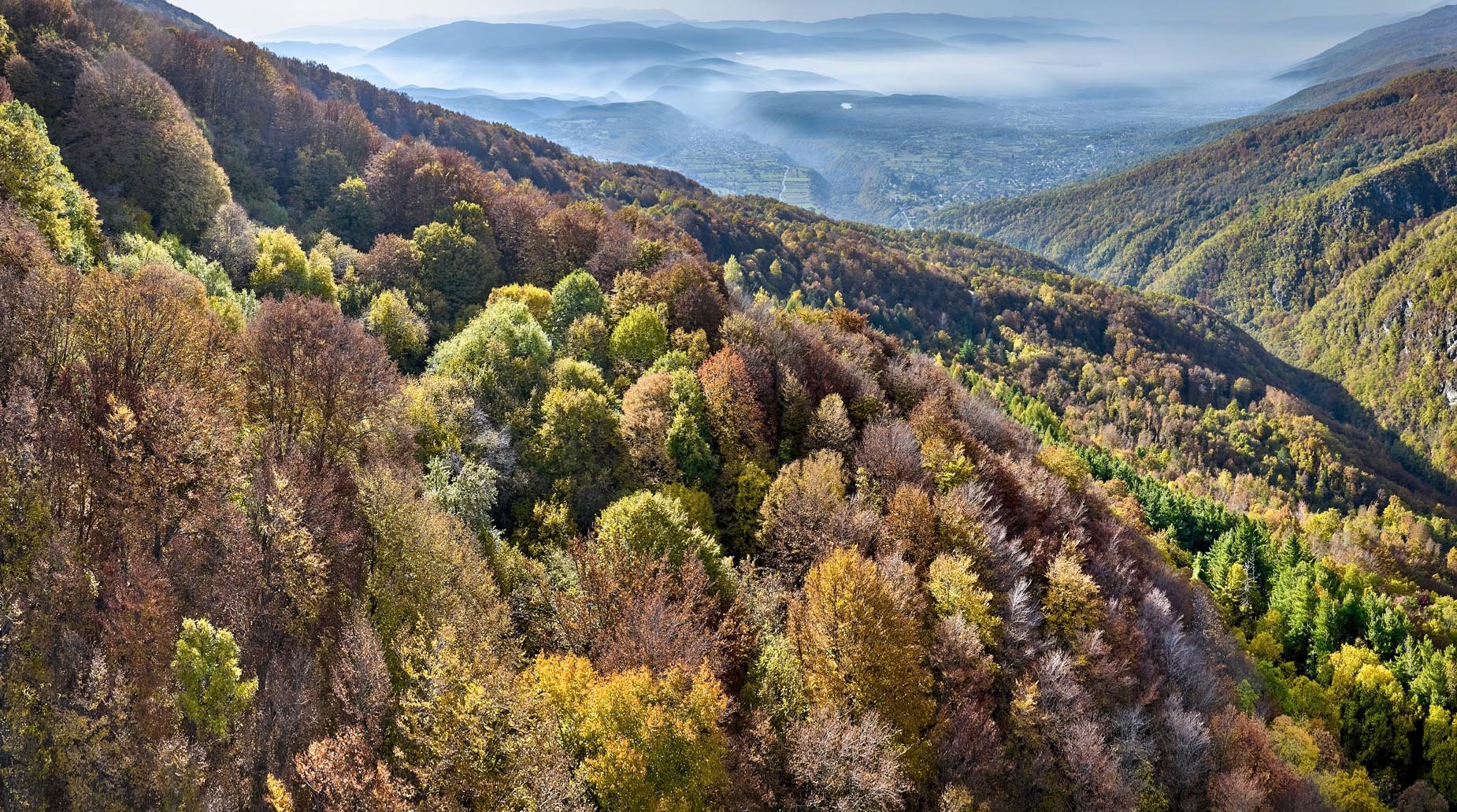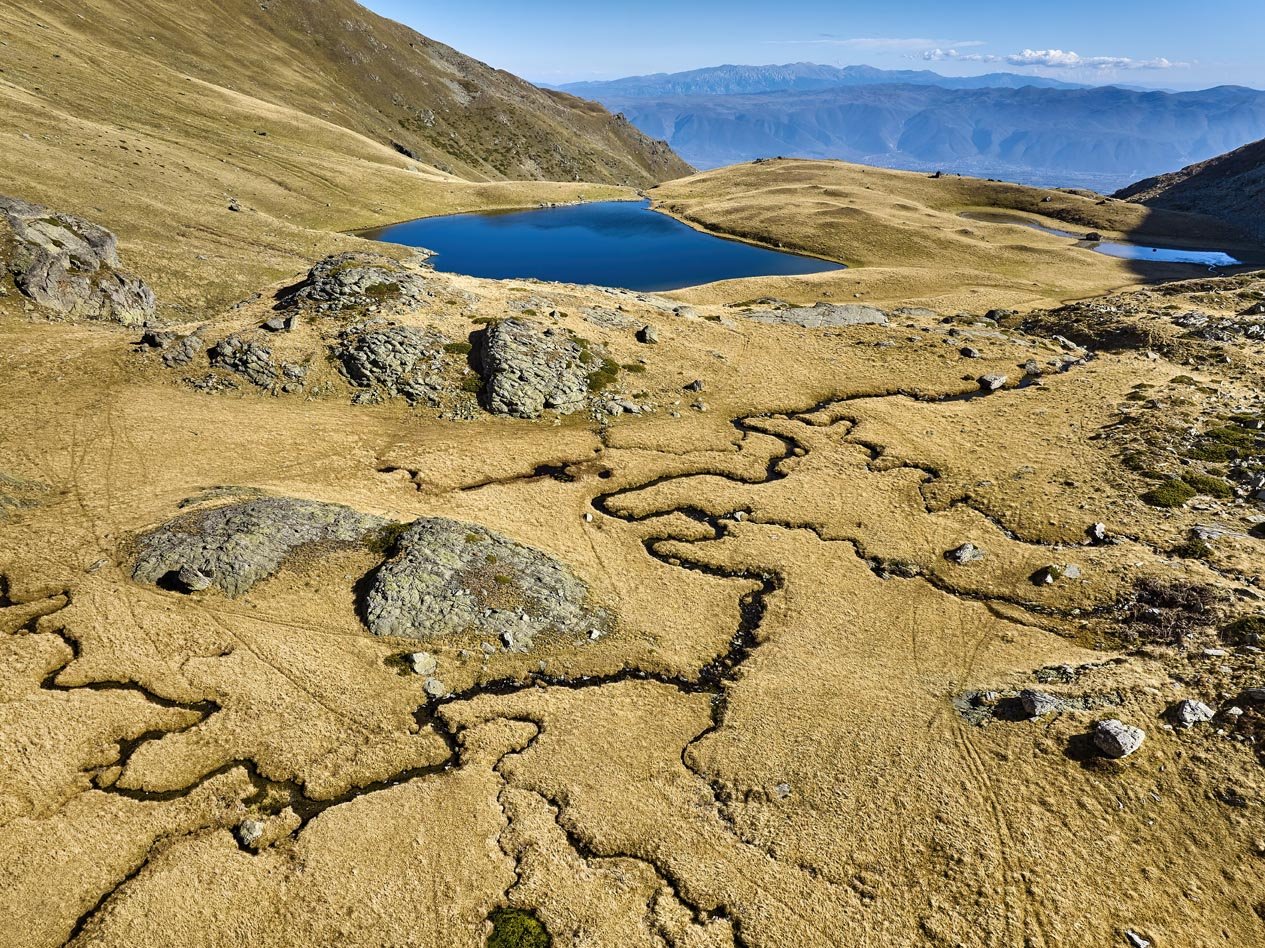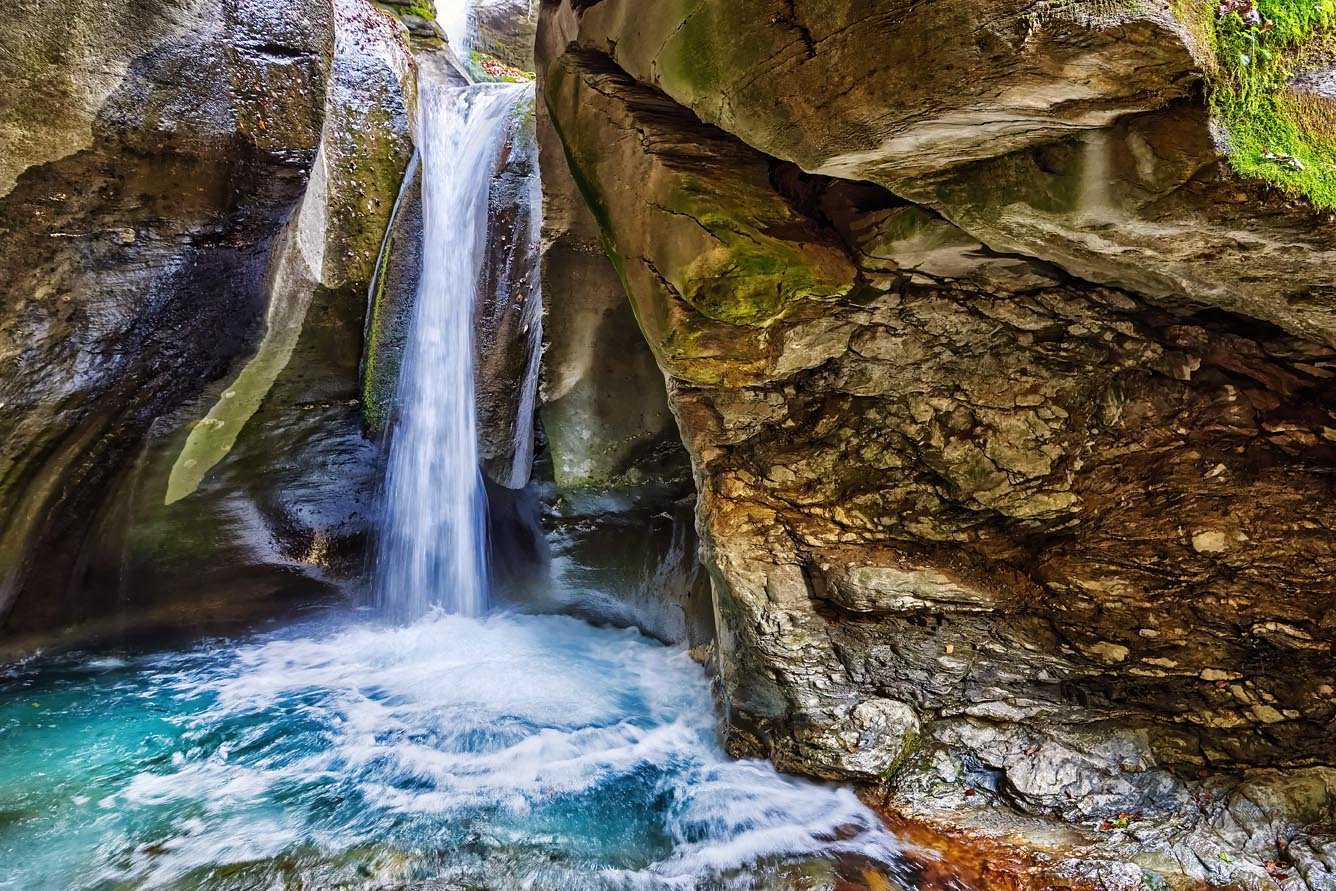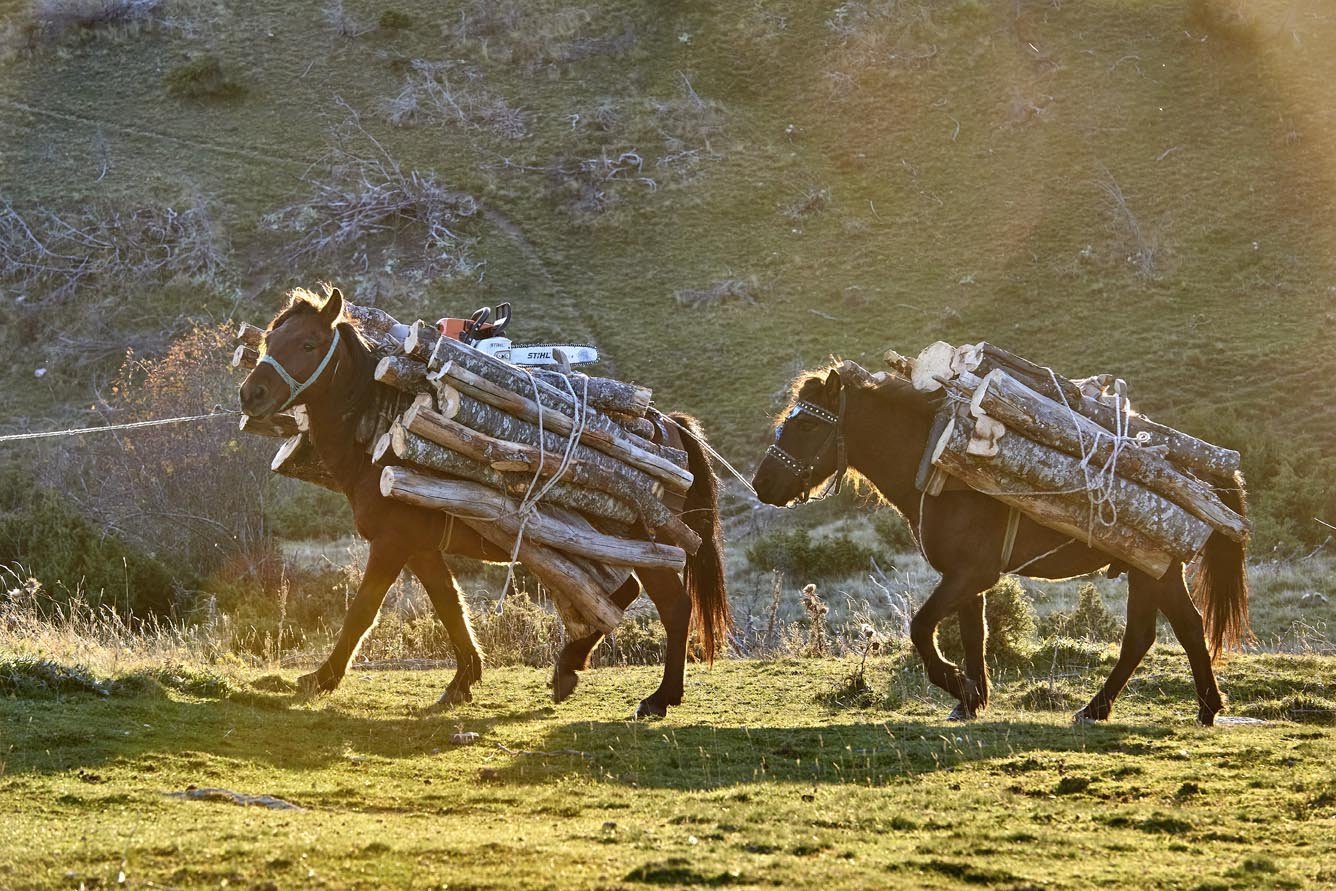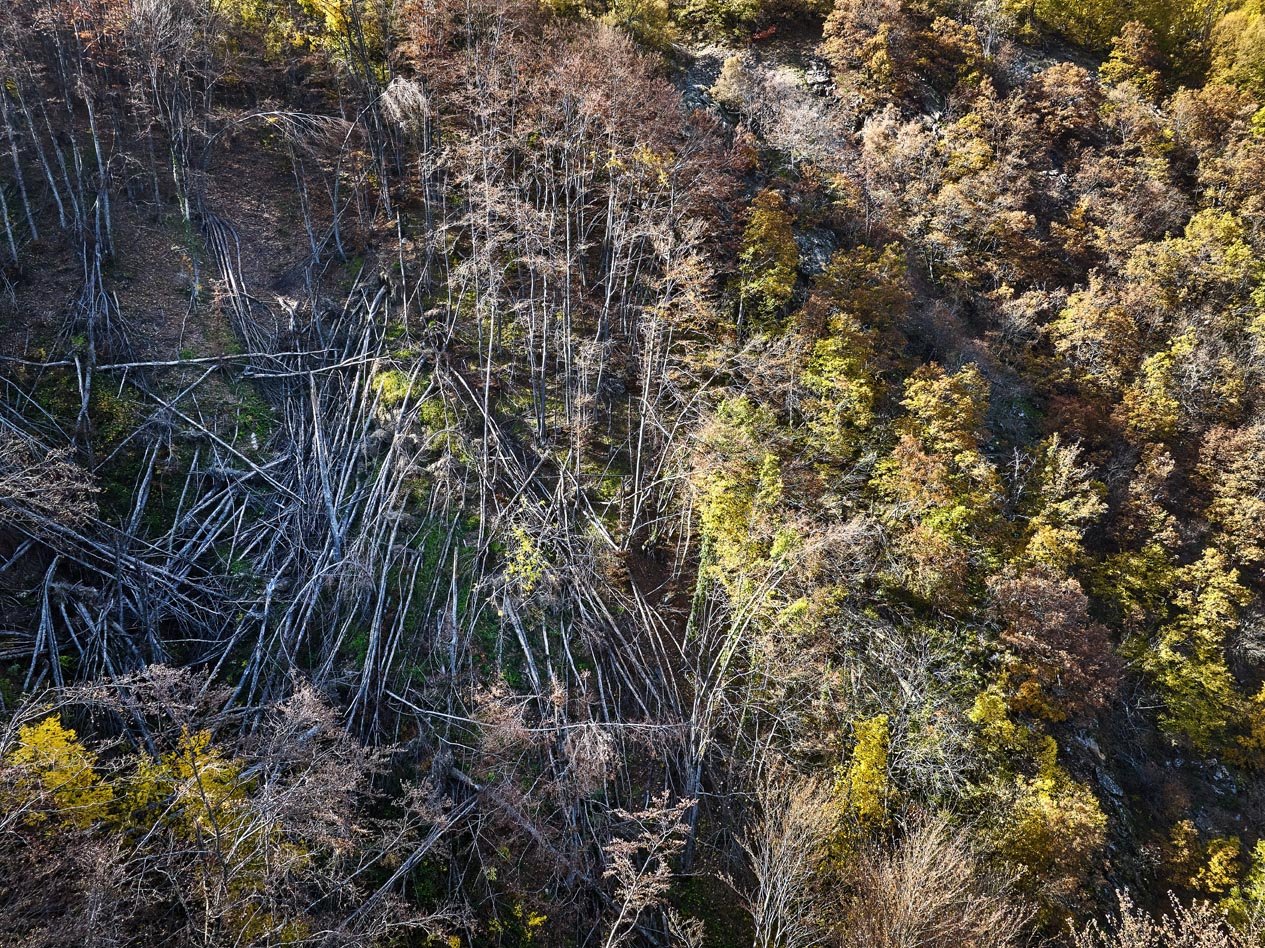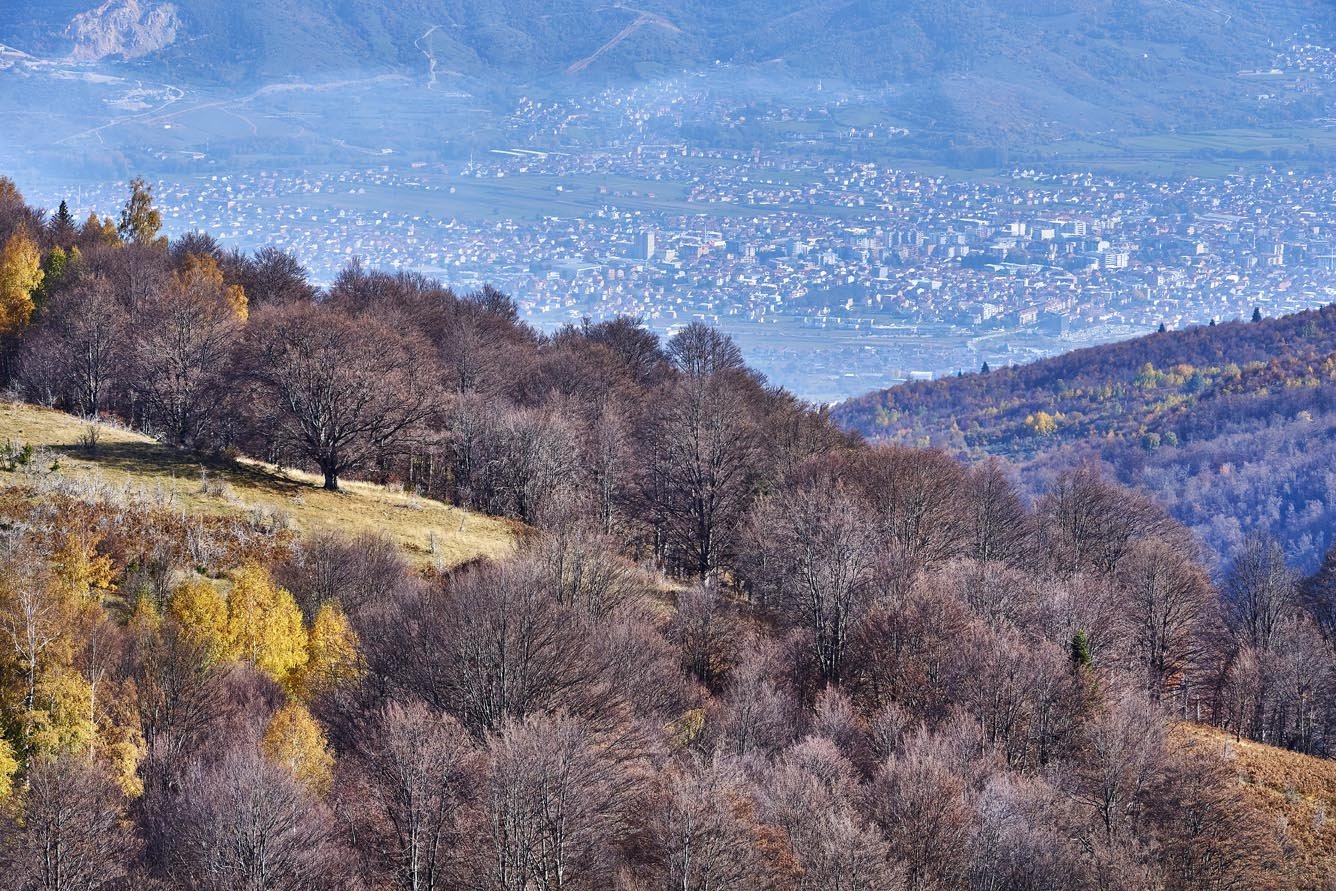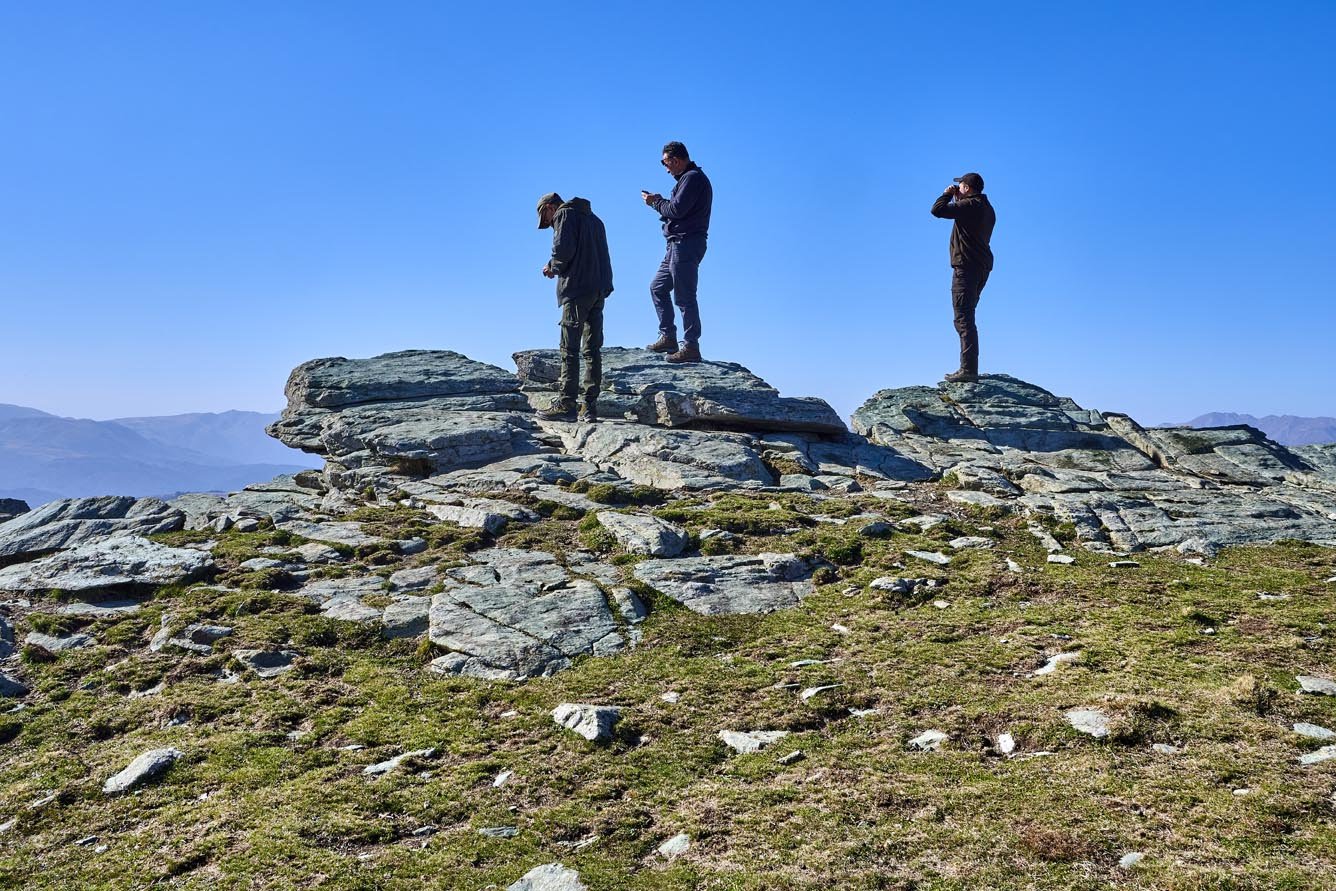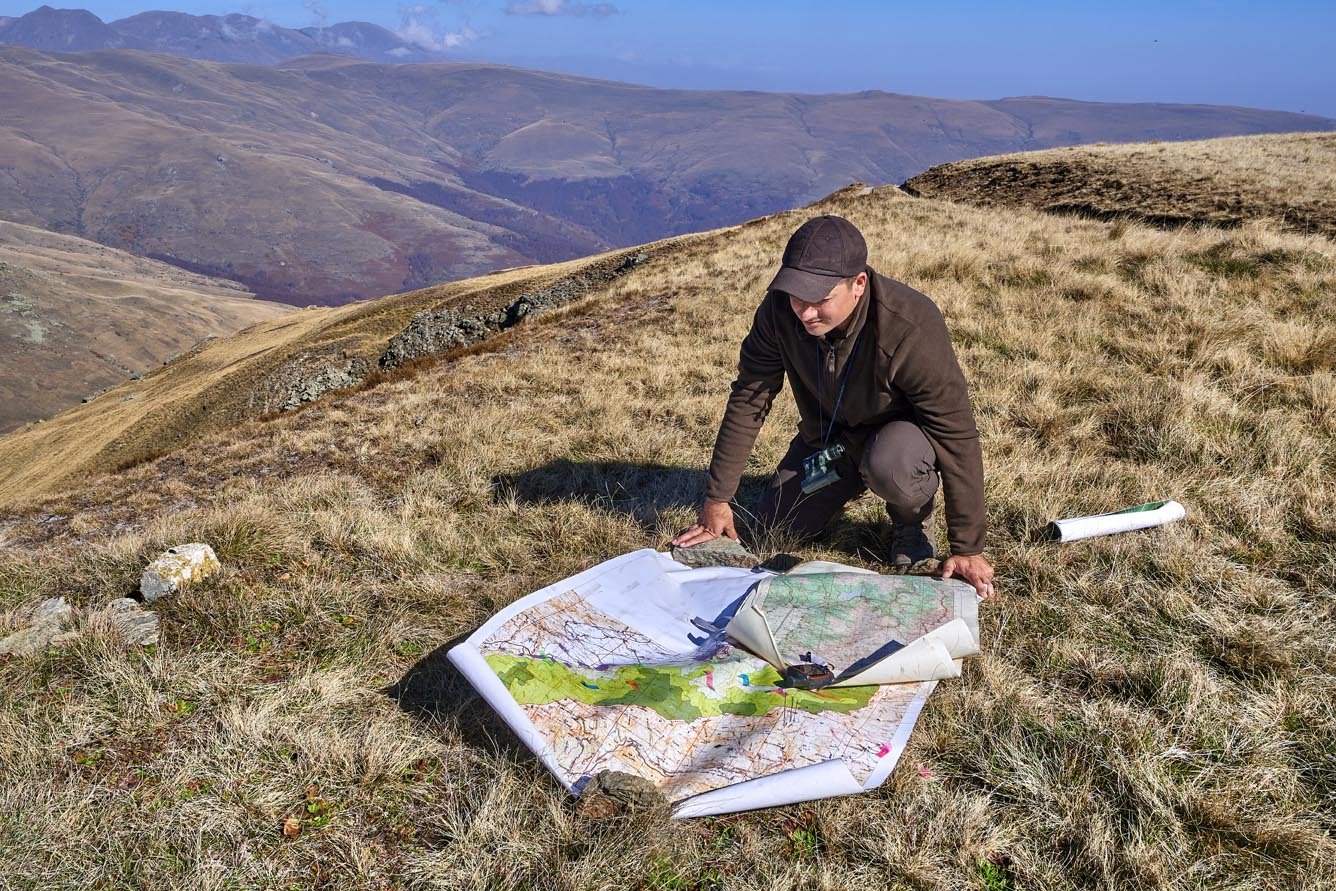Shar Mountains National Park, North Macedonia
OVERVIEW
Shar Mountains is a stunning example of high elevation mountains and forests in the heart of the Balkans. It's a European biodiversity hotspot and an area with outstanding natural values in the border area of North Macedonia and Kosovo.
SIZE
62,705 Hectares
GOAL
$800,000
VISITORS BY 2030
30,000
Introduction
Shar Mountains is a European biodiversity hotspot and an area with outstanding natural values in the border area of North Macedonia and Kosovo.
Shar Mountains is a stunning example of high elevation mountains and forests in the heart of the Balkans. This park is part of a transboundary protected area that extends over 2500 square kilometers between North Macedonia, Kosovo and Albania, characterized by a large number of peaks above 2000m elevation with a rich geological diversity. Established in 2021, this national park represents a major hope for revitalizing local communities and their rich culture through ecotourism.
Combining spectacular mountain landscapes, lakes, river valleys and ancient cultural heritage, Shar Mountains is the last chance for critically endangered wildlife including bears, lynx and the iconic golden eagle.
Natural History of the Shar Mountains
The Shar Mountains are rich in animal diversity. In its abundant freshwater habitats, 5 species of fish, 11 amphibians and 17 reptiles have been confirmed. Birds are the most diverse class of vertebrates with 128 species, and 51 species of mammals are also present. IUCN Red Listed or otherwise protected species include the lynx, several bat species, chamois, white-headed vultures, egyptian vultures, and a number of reptile, amphibian, and insect species.
Dominant tree species in park’s forests are beech, hornbeam and oaks, accompanied by fir, elm, pines, spruce, alder and willow. Non-forest plant communities present in the area include: alpine and boreal areas, alkaline peatlands, hydrangea lowland and montane to alpine belts, and boreal pastures. The area’s wetland habitats include standing waters, surface runoff waters, and peatlands.
Currently, 1,260 species of vascular plants, more than 260 species of moss, 500 fungi and 160 lichens are known to exist within the national park. A number of these are Red Listed by the IUCN.
Threats to Shar Mountains National Park
The new park is threatened by wildlife poaching, illegal logging, unplanned development, livestock overgrazing, construction waste dumps and illegal settlements. These factors all jeopardize the national park’s potential for UNESCO World Heritage status.
Loss of tree cover is a major issue in Shar Mountains. Unintentional forest fires can destroy vast swaths of forest. Additionally, illegal loggers are operating in the national park and surrounding forests seeking timber for construction and for firewood to heat their homes. As the trees have disappeared, flash flooding has also increased significantly.
Illegal and unregulated hunting and fishing, as well as unsustainable harvesting of certain plants for medicinal and commercial uses, threaten the flora and fauna. At least 51 species of plants and a number of fungi are collected for food, medicine and other uses. Harvesting quotas for all commercially harvested species should be determined based on resource assessments and monitoring.
Meanwhile, water resources are under threat as well. Damming for hydroelectricity, for example, is disrupting river ecosystems.
Current trends suggest that urban expansion will be one of the most serious threats to the integrity of the park’s biodiversity in future, especially in certain areas and including those that are extremely important for the preservation of the park’s key values.
Saving Shar Mountains National Park
A new National Park Authority has been created, and Global Conservation is funding critical equipment, communications, training and SMART patrolling. This single National Park Authority is now responsible for all management of lands and wildlife, as well as working closely with local communities on park and wildlife protection along with sustainable tourism development.
Since the deployment of GC's Global Park Defense program in Shar Mountains National Park, the Park Authority has a new command center, much-needed ranger training and equipment, and new collaboration with the North Macedonian Border Police who now welcome joint patrols and cooperation with the Park Authority.
Last year, Shar Mountains was awarded "Best European Tourism Project” for its High Scardus Trail at the International Tourism Awards. Being adjacent to the European Union, there is a huge demand for new trekking destinations and cultural tourism in nearby regions, especially in magnificent national parks like Shar Mountains. There are tourism opportunities for a number of other mountain sports, including horse riding, mountain biking, ski touring, and snow shoeing.
We are working to expand existing park boundaries and connect wildlife corridors with nearby Mavrovo National Park. In order to achieve critical success with North Macedonia’s newest national park, Global Conservation is also securing multi-lateral and sustainable financing for ongoing park protection.
To protect and preserve this European treasure for future generations, Global Conservation is investing heavily and needs your support today. Help us train and outfit more rangers and community ecoguards to conduct 24/7 surveillance and SMART patrolling. 100% of donations to Global Conservation go directly to the parks where we work.


